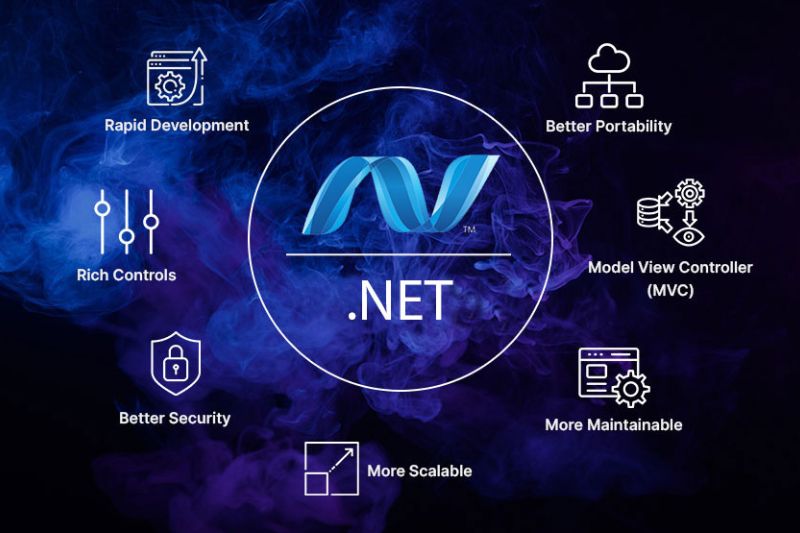Explore the most powerful microsoft world of application development with LUCAT Institute’s .NET course, where you’ll master one of the most versatile frameworks for building robust and scalable software solutions. This course offers a deep dive into the .NET ecosystem, covering essential components such as C# programming, ASP.NET for web applications, and ADO.NET for database management. Students will gain hands-on experience with Visual Studio, learn to design and develop both desktop and web applications, and explore advanced topics like MVC (Model-View-Controller) architecture and RESTful web services. Emphasizing practical skills and real-world applications, LUCAT Institute’s .NET course equips you with the expertise to create high-performance applications and prepares you for a successful career in software development.

.NET is a comprehensive framework developed by Microsoft for building a wide range of applications, including web, desktop, and mobile applications. It provides a consistent programming model and a set of libraries for different programming languages, primarily C#, F#, and VB.NET. .NET supports various types of applications and services, leveraging its Common Language Runtime (CLR) for execution and its extensive class library for functionality.
Course Curriculum
1. Introduction to .NET
- Overview of the .NET framework and ecosystem
- Setting up the development environment
2. C# Programming
- Basics of C# syntax and structure
- Object-oriented programming concepts
- Exception handling and debugging
3. ASP.NET Core
- Building web applications with ASP.NET Core
- Understanding MVC (Model-View-Controller) architecture
- Routing, middleware, and dependency injection
4. ADO.NET and Entity Framework
- Connecting to and interacting with databases
- Performing CRUD operations
- Using Entity Framework for data access and ORM
5. Web Services and APIs
- Creating and consuming RESTful web services
- Working with JSON and XML data formats
- API authentication and security
6. Desktop Application Development
- Building Windows Forms applications
- Introduction to WPF (Windows Presentation Foundation)
7. Advanced .NET Concepts
- Asynchronous programming and multi-threading
- Performance optimization and best practices
8. Security and Best Practices
- Implementing security features in .NET applications
- Secure coding practices and common vulnerabilities
9. Practical Projects
- Developing real-world applications
- Case studies and problem-solving
This curriculum provides a comprehensive understanding of .NET, equipping students with the skills to build, deploy, and maintain a variety of applications using the .NET framework.

